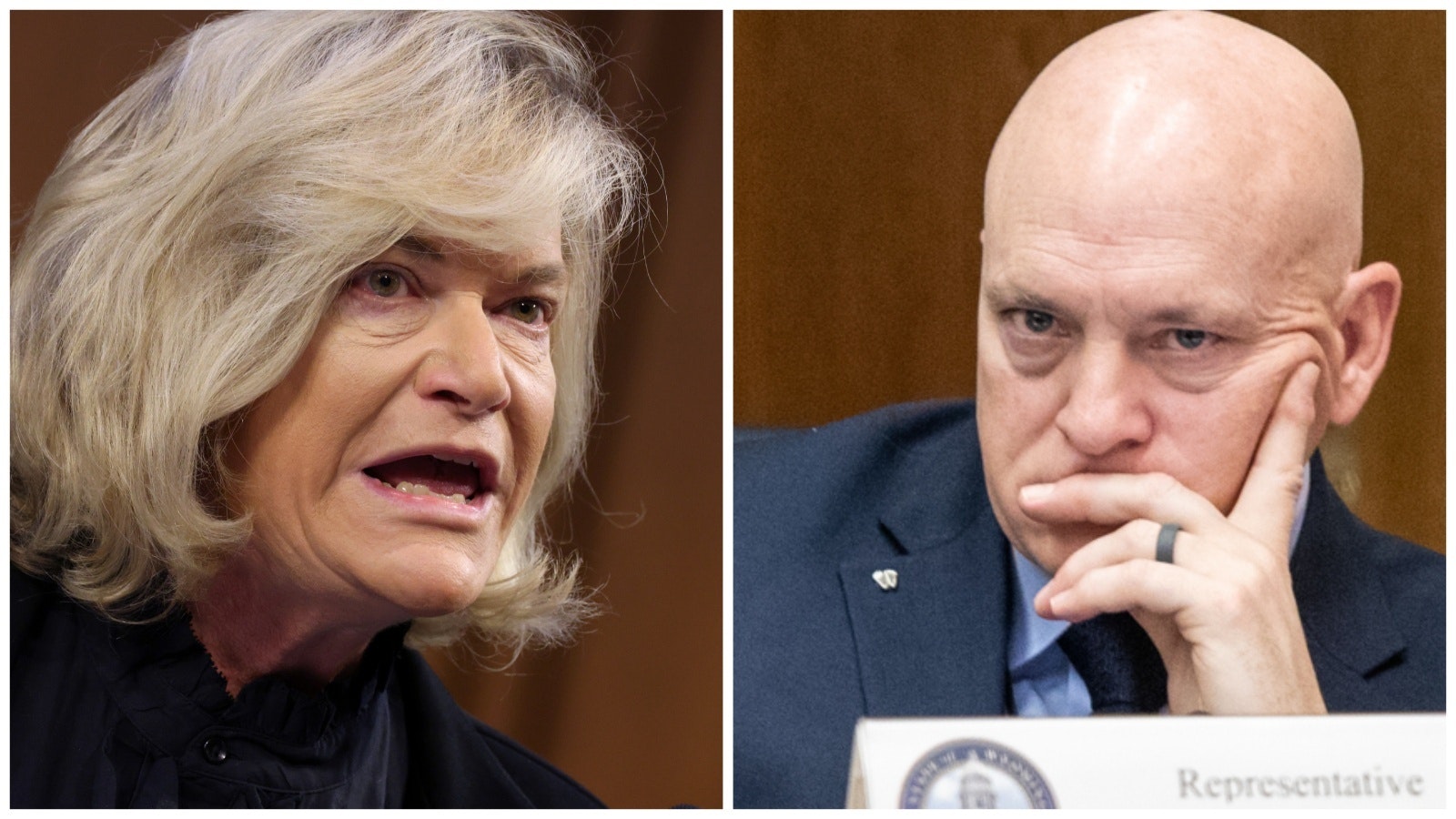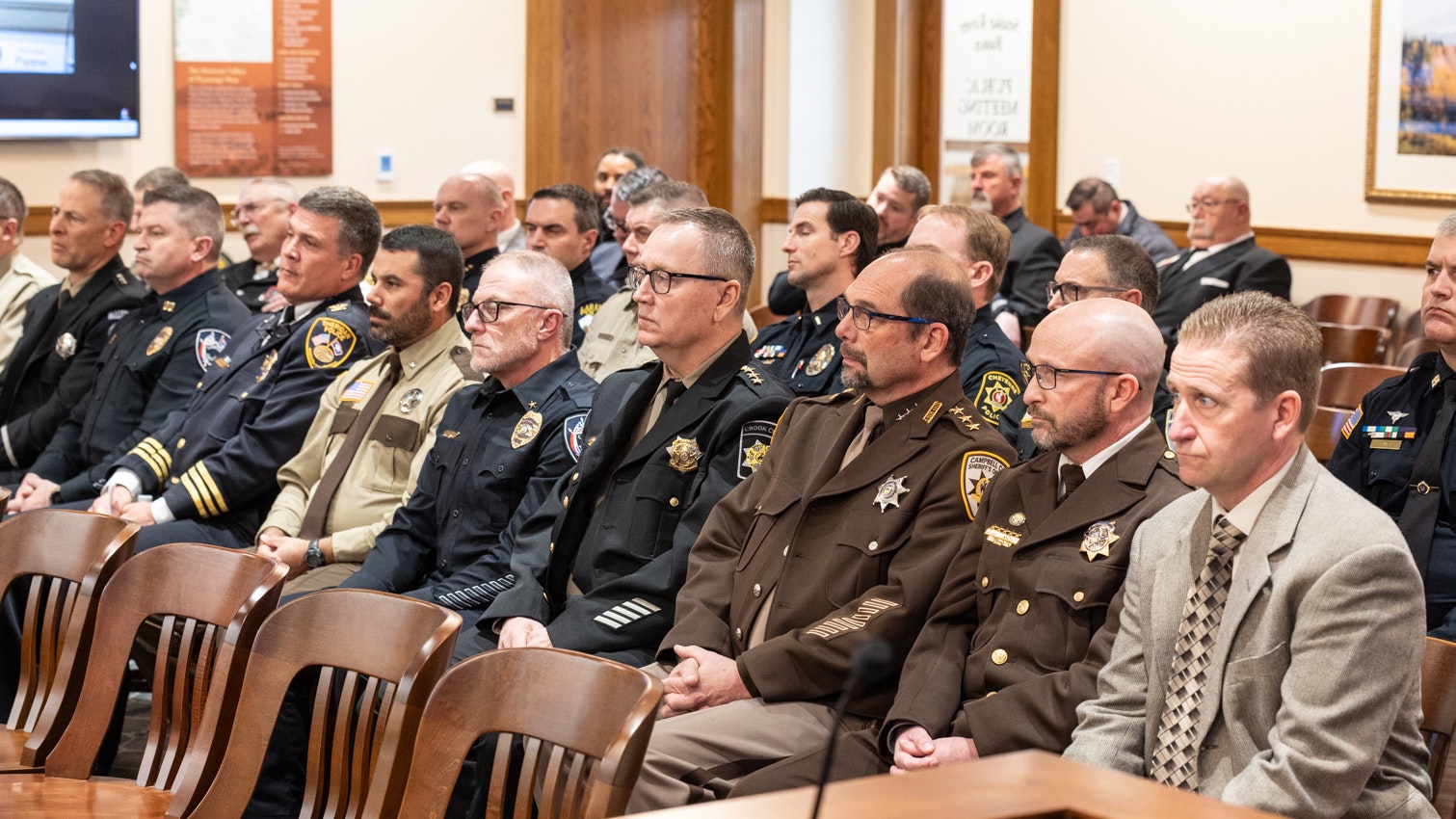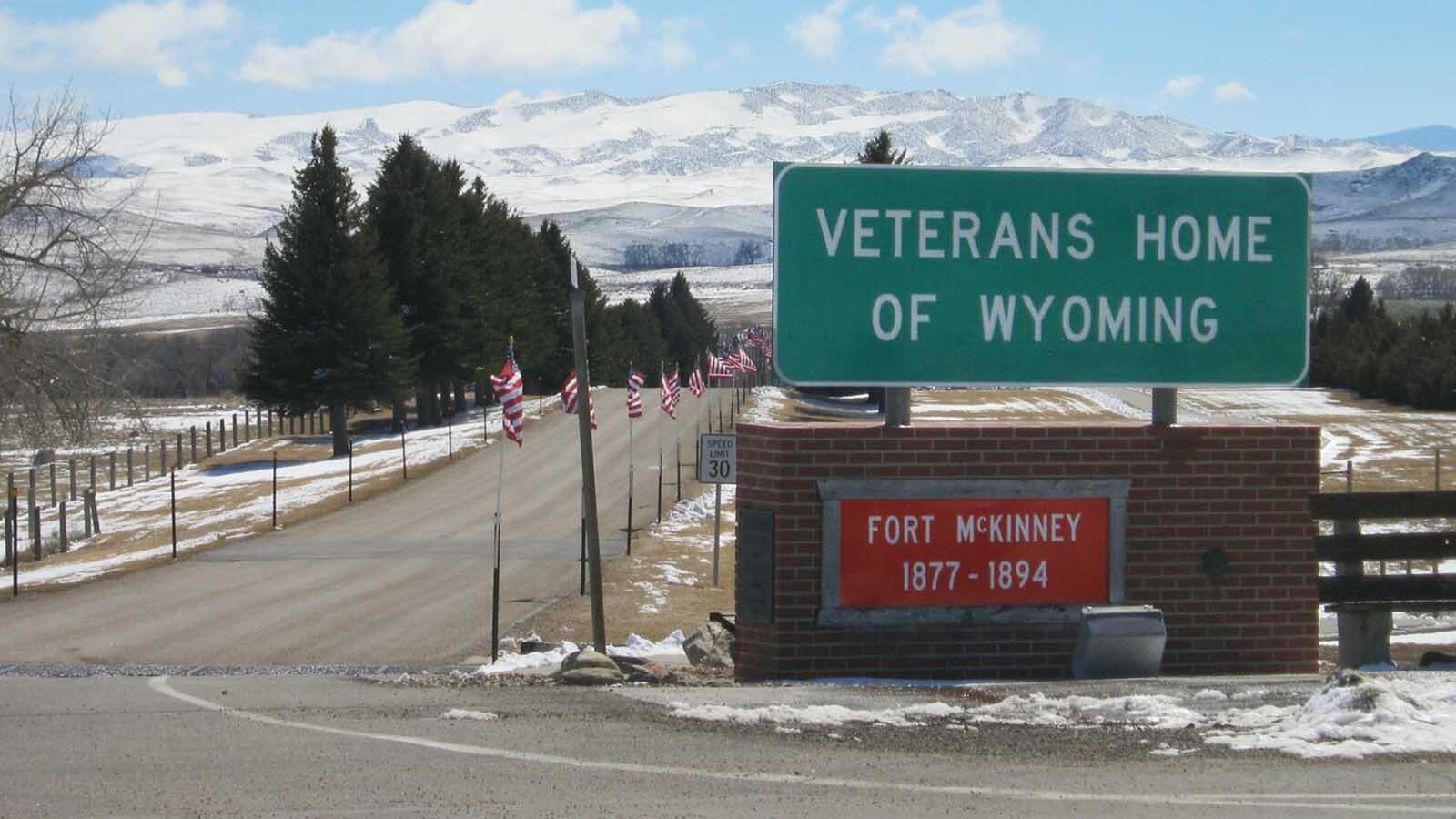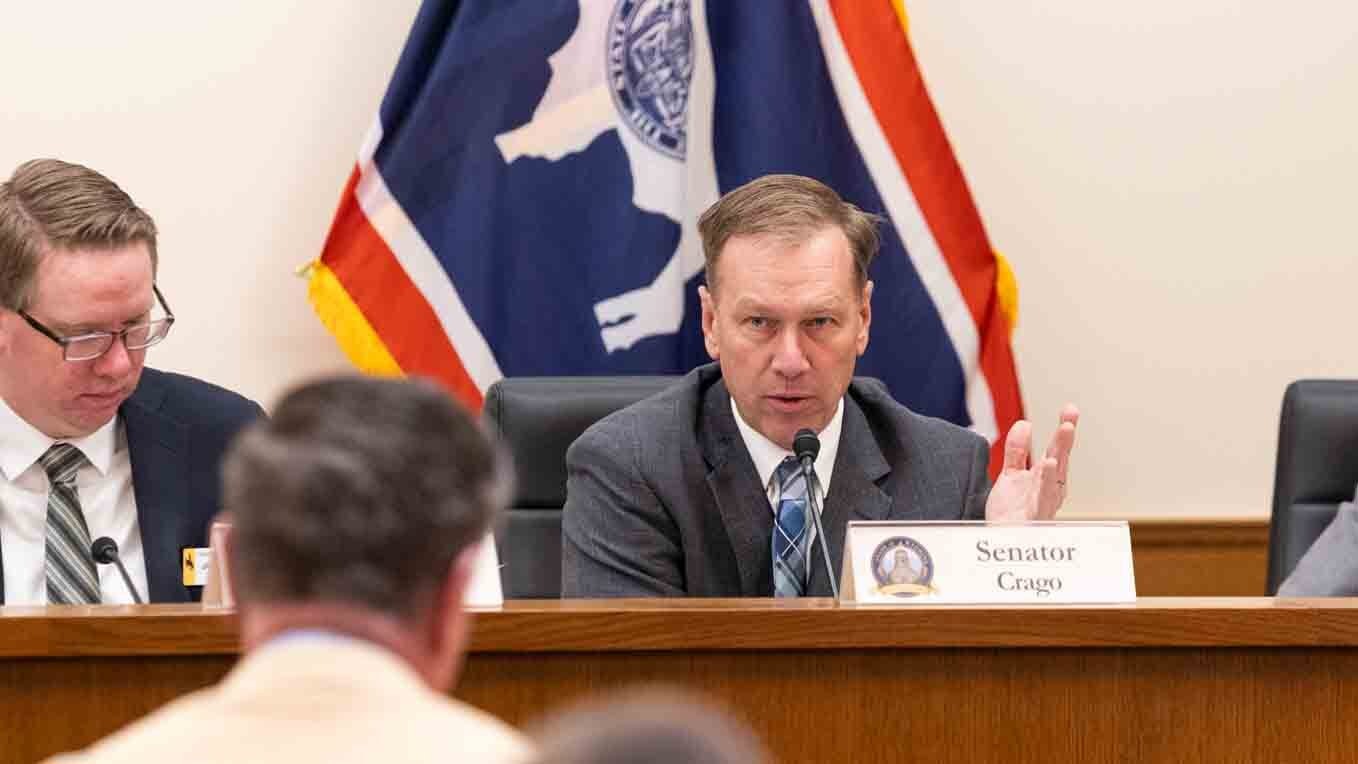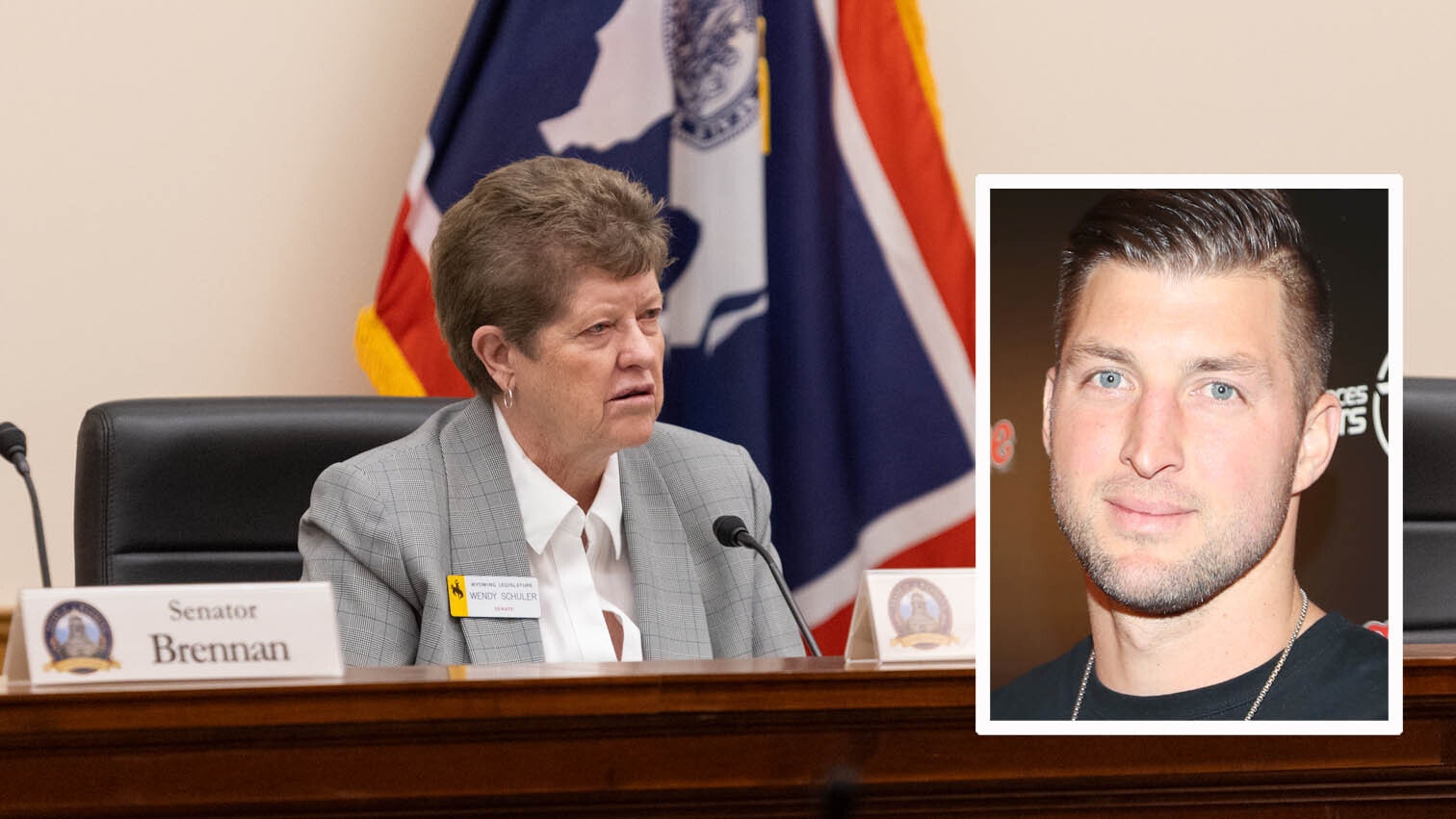Wyoming U.S. Sen. Cynthia Lummis told Cowboy State Daily on Monday she has not, and will not ever, support a carbon tax, despite claims last week from the Wyoming Freedom Caucus accusing her of voting to sanction a carbon tax and buying into the "climate crisis" by supporting a bill titled the “Prove It Act.”
“Voting to sanction a carbon tax as a lawmaker representing the nation’s leading energy producer is not only a slap in the face to all Wyoming families, it’s an endorsement of government-induced energy poverty nationwide,” the Freedom Caucus said in a statement condemning Lummis.
The bipartisan bill sponsored by North Dakota Republican Sen. Kevin Cramer and Delaware Democratic Sen. Chris Coons directs the Department of Energy to conduct a study comparing the greenhouse gas footprint of certain goods produced in the United States to the emissions of those same goods produced in other countries. The bill advanced through the Senate Environment and Public Works Committee, which Lummis sits on.
Lummis was one of four Republicans to support the legislation that she said will protect Wyoming’s mineral industries from foreign tariffs.
What Does It Do?
Lummis said the sole purpose of the bill is to prove that Wyoming and America’s energy and manufacturing industries are the cleanest in the world.
“Wyoming sets the bar in terms of environmental standards, especially compared to other countries,” Lummis said. “The Prove It Act would show the superior production of U.S. goods over those of our global competitors’ emissions.”
Language within the bill states that it cannot lead to any tax, fee, duty, price or charge and Lummis said she is “vehemently opposed” to any legislation that includes a carbon tax.
Although the bill offers this protection from a carbon tax, the Freedom Caucus says it will still serve as a “necessary gateway to” domestic and imported carbon taxes in the future.
“Yet again, Wyomingites have found themselves paying a politician to help gather bullets to shoot us with,” the Freedom Caucus says in a statement.
The left-leaning Niskanen Center expressed optimism in an analysis earlier this month that the legislation will spawn a “border-adjusted carbon tax” at some point in the future.
Shortly before the bill was discussed by Lummis’ committee, more than 40 conservative organizations wrote to members of Congress warning that the Prove It Act was “a gateway for a carbon tax on imported goods and a domestic carbon tax.”
Protection
Lummis believes that relying on foreign firms to collect data on emissions can lead to unnecessarily large tariffs and taxes. She mentioned how the European Union is already collecting data to implement a carbon border adjustment mechanism in 2026. As a result, she said multiple American products will be charged a tariff based on the way the EU collects its emissions.
“Our nation should be collecting its own data to combat unnecessarily large tariffs and taxes instead of ceding to foreign data,” she said.
In 2019, a state-sponsored utility in France canceled a contract for U.S. liquid natural gas, claiming it was dirty. Data from a Department of Energy study shows American natural gas is 40% less carbon intensive than Russian LNG. Since the war in Ukraine began, the French company reversed its position and signed a contract for U.S. LNG.
The American Petroleum Institute supports the legislation.
“America’s oil and natural gas is produced under some of the highest environmental standards in the world and the Prove It Act is an opportunity to show the world our industry’s commitment to addressing the dual climate challenge of continuing to supply the energy our world needs while advancing a lower carbon future,” said Amanda Eversole, executive vice president and chief advocacy officer for the American Petroleum Institute, in a statement.
Although the Freedom Caucus statement asserts that Wyoming is “coal country,” if passed into law, the legislation wouldn’t study coal emissions.
It would study the emissions created through the production of Wyoming industries like natural gas, steel, aluminum, hydrogen, fertilizer and oil.
The study would also collect data on the average emissions intensity of covered products produced in the U.S. and average emissions intensity of covered products by a G7 country, free trade agreement partner, foreign country of concern, and countries who control a substantive global market share of a covered product.
The Wyoming Freedom Caucus argues that carbon dioxide is not a pollutant and the “climate crisis” is a “hoax.”
“The power to tax is the power to destroy,” the Freedom Caucus said.
Leo Wolfson can be reached at leo@cowboystatedaily.com.

